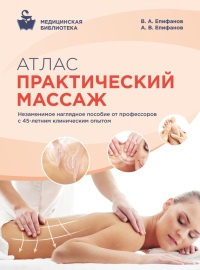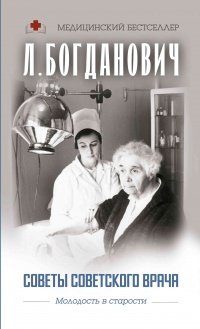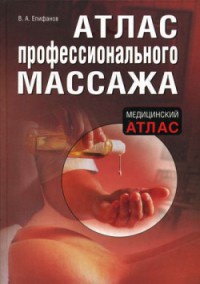Книга Бойкот раку. Защитите себя и своих близких! Советы врача-онколога из Великобритании - Гелена Ариньш
На нашем литературном портале можно бесплатно читать книгу Бойкот раку. Защитите себя и своих близких! Советы врача-онколога из Великобритании - Гелена Ариньш полная версия. Жанр: Книги / Медицина. Онлайн библиотека дает возможность прочитать весь текст произведения на мобильном телефоне или десктопе даже без регистрации и СМС подтверждения на нашем сайте онлайн книг knizki.com.
Шрифт:
-
+
Интервал:
-
+
Закладка:
Сделать
Перейти на страницу:
Перейти на страницу:
Внимание!
Сайт сохраняет куки вашего браузера. Вы сможете в любой момент сделать закладку и продолжить прочтение книги «Бойкот раку. Защитите себя и своих близких! Советы врача-онколога из Великобритании - Гелена Ариньш», после закрытия браузера.
Книги схожие с книгой «Бойкот раку. Защитите себя и своих близких! Советы врача-онколога из Великобритании - Гелена Ариньш» от автора - Гелена Ариньш:
Комментарии и отзывы (0) к книге "Бойкот раку. Защитите себя и своих близких! Советы врача-онколога из Великобритании - Гелена Ариньш"
























